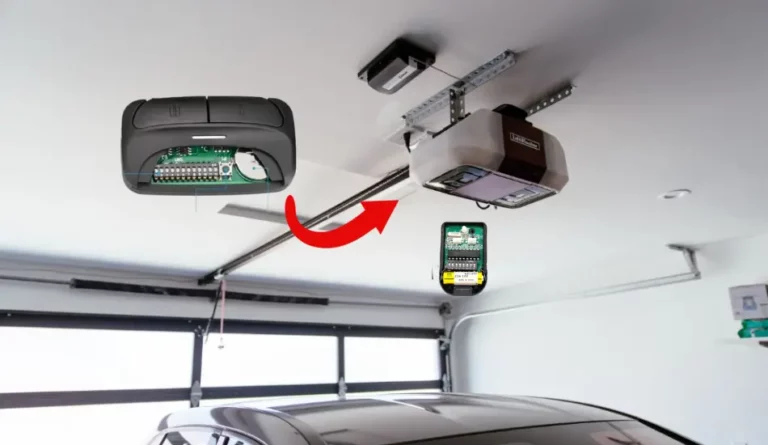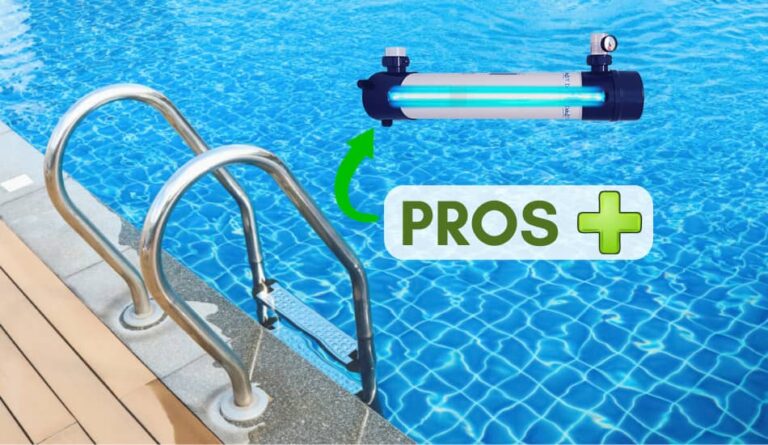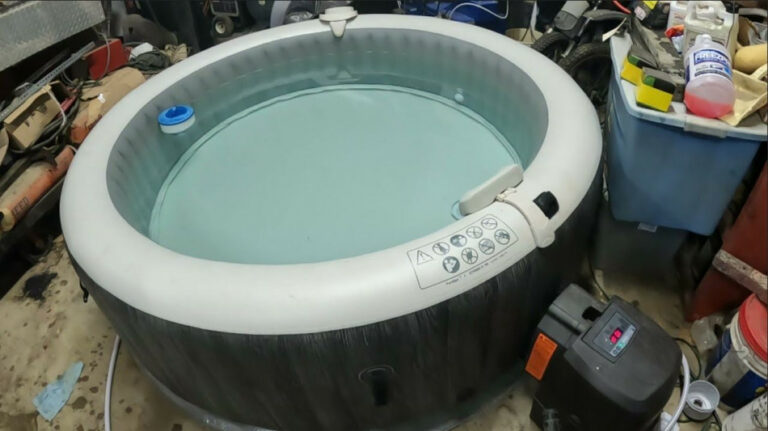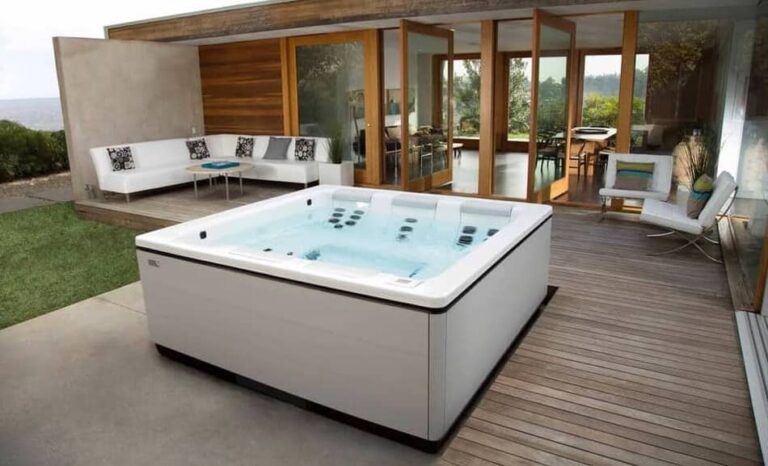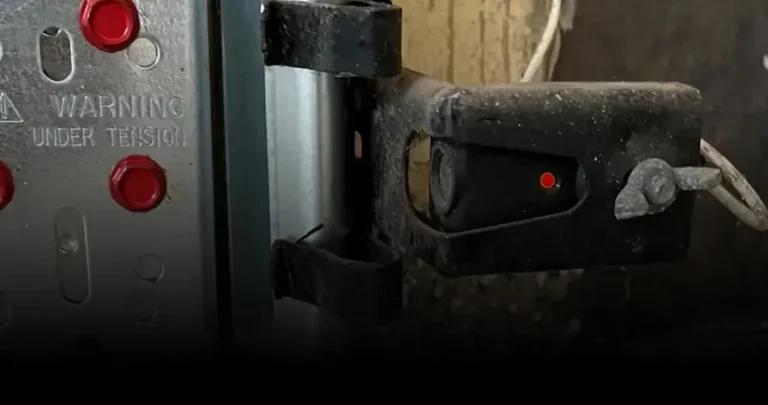How Much Pee Is In Your Swimming Pool?
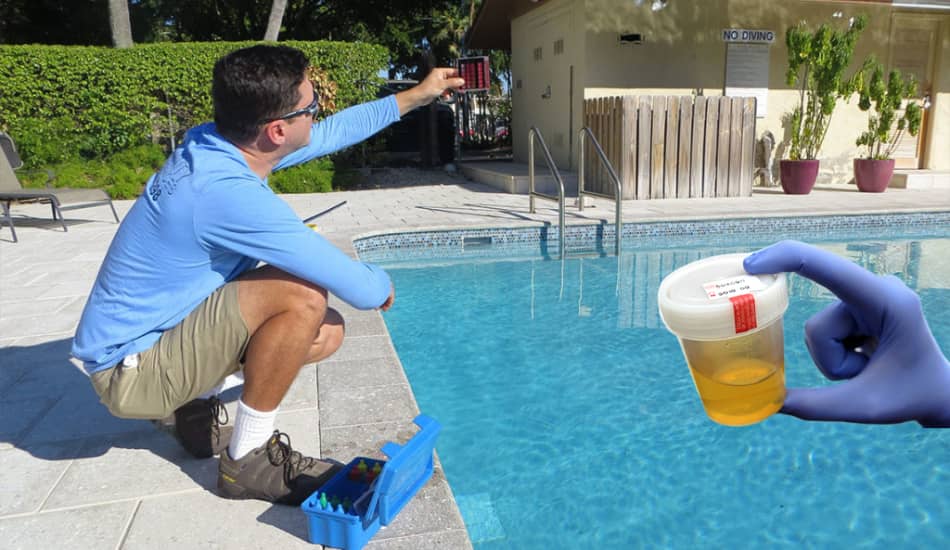
It’s publicly known that many people pee in swimming pools, but the real question is, how much? If you’ve been curious about how gross your pool really is, you’ll be surprised! We’ve crunched the numbers to determine the amount of pee you can find in an Olympic-sized pool, a regular backyard pool, and even in a hot tub. In this article, we’ll talk about that. So, let’s start!
How Much Pee is in Your Swimming Pool? In a typical Olympic-sized pool, which holds around 600,000 gallons of water, the urine concentration is around 0.05% – that’s like finding one drop of pee in a 2,000-drop bucket! Most swimming pools are regularly maintained and free from harmful bacteria. The urine level is negligible in most cases.
Although pools contain chlorine that neutralizes bacteria from urine, it is still felt and present in the pool. Of course, there are limits up to which this is allowed and may be done. Below, we will go through this topic in more detail.
Table of Contents
How to Measure the Amount of Pee in a Swimming Pool
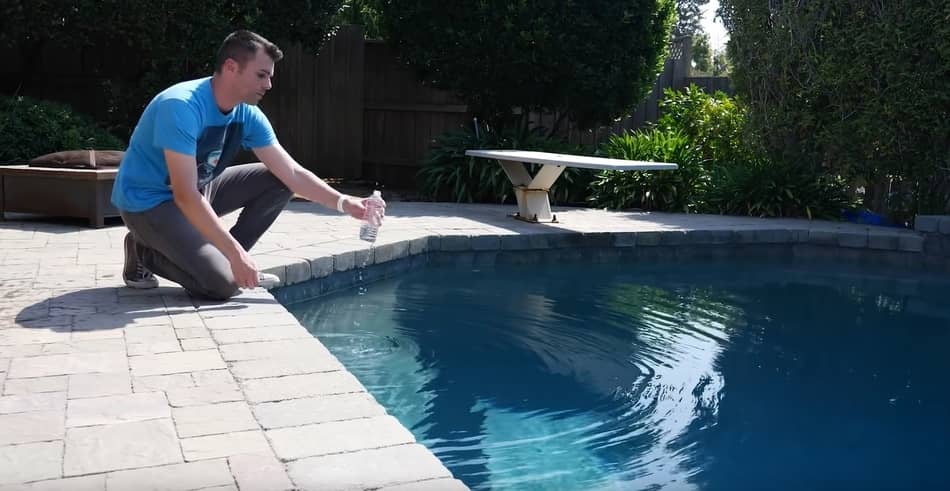
If you’re curious about how much pee your swimming pool has, we have a method to measure it. First, we have to take a scientific approach. First, we start by collecting a sample of the pool water. We’ll then look for a common artificial sweetener, acesulfame potassium. Why? Because this sweetener is commonly found in food that we consume, and our bodies don’t digest it. So, it ends up being excreted in our urine.
With the help of a special tool, a mass spectrometer, a type of liquid chromatography instrument, we can measure the presence of acesulfame potassium in the water sample. Based on this data, we can make an educated guess about the overall urine content in the pool.
Related Article: Can You Pee In a Hot Tub? Expert Explains
Why Chlorine Is in the Pool
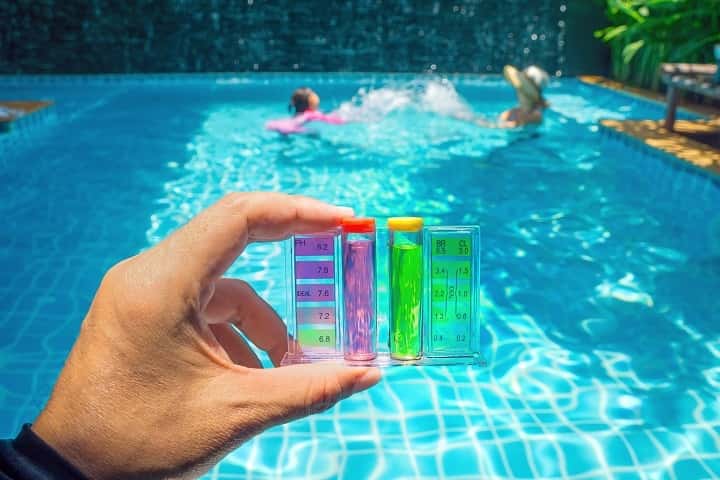
Have you ever thought about why, even with chlorine in the pool, there seems to be urine present? Does chlorine serve its purpose? The answer is YES! Chlorine plays a key role in combating dangerous bacteria in the water that might harm us, ensuring the water remains pure.
However, there’s a twist. When someone urinates in the pool, it causes the chlorine to produce a compound called trichloramine. This particular compound is behind that familiar “chlorine smell” often associated with swimming pools.
Additionally, trichloramine is the culprit behind those itchy red eyes and sometimes even the respiratory discomfort some swimmers experience. So, a little heads up: if you get a strong chlorine smell from a pool, it might indicate abundant urine content. Not a pleasant thought, right?
Calculating How Much Pee Is In Your Pool
Now that we’ve explained some basic things you need to know about a swimming pool and urine, let’s move on to the more important part – how to calculate pee in the swimming pool. We’ve crunched some numbers to provide averages for various pool dimensions.
Related Article: Is It Okay To Pee in Pool? Expert Explain
Data About Average Urine In Types of Pools
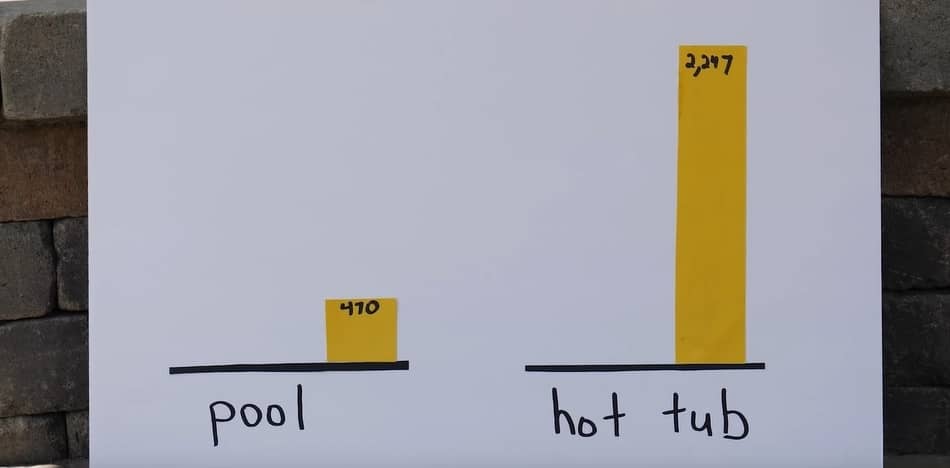
Hot Tub
- 105 nanograms of urine for every liter of water.
- 1 gallon of pee
Small Recreational Pool (Backyard or Community Pool)
- 480 nanograms of urine for every liter of water
- 13 gallons of pee
Olympic-Sized Pool 164.0 ft(50m)
- 100+ gallons of pee
Related Article: How Much Electricity (Power) Does A Hot Tube Use?
How to Calculate the Amount of Pee in Your Pool
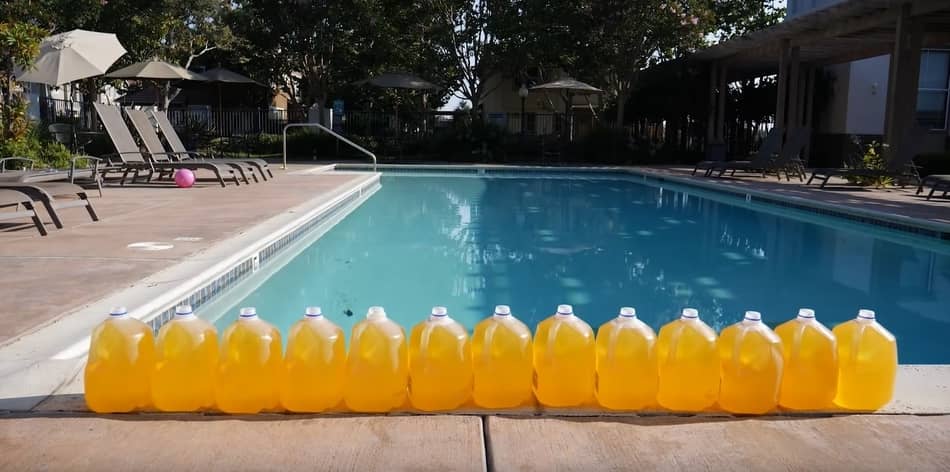
During a swim session, swimmers release about 25-80 milliliters of urine into the pool. If you’re wondering how to estimate the total pee content in your pool, here’s a simple formula:
(Number of Daily Swimmers) X 1.2 = Total Gallons of Urine in the Pool
For instance, let’s understand this with a scenario: an Olympic-sized pool where a 200-member swim team practices. Swimmers spend prolonged periods in the pool and probably release more urine than the average individual. So, we’ll modify our multiplier, changing it from 1.2 to 1.5.
200 swimmers X 1.5 = 300 Gallons of Urine (Pee)
Given that an average Olympic pool holds around 600,000 gallons of water, this means the pee concentration is roughly 0.05%. In simpler terms, it’s one part in every 2,000.
A well-maintained pool ensures the water stays devoid of harmful bacteria, but swimmers might still encounter some eye irritation due to trichloramine.
However, don’t let these numbers scare you off from enjoying a swim in a pool. Despite minimal pee content, swimming in a public pool is entirely safe. If you’re concerned, play your part: resist the urge to pee in the pool and use the restroom instead!
For those who swim often and wish to protect their skin from irritations, consider trying Henson Shaving. Their razors are crafted for optimal precision, providing a close and smooth shave with their uniquely angled single blade.
Related Article: How Many Gallons of Water In a Hot Tub? Explained
FAQ: People Also Ask
Does urine break down in a pool?
Urine doesn’t simply dissolve in a pool due to chlorine. Contrary to popular belief, while urine is sterile, chlorine doesn’t sanitize it.
How can you detect urine in a pool?
To detect urine in a pool, researchers measure the levels of an artificial sweetener known as acesulfame potassium (ACE), which is often found in processed foods and drinks. The University of Alberta used this method to estimate urine content in 31 public pools.
Final Thoughts
The presence of urine in swimming pools is a topic that often raises eyebrows and concerns. While it’s common knowledge that many individuals do urinate in pools, the actual concentration is typically minimal, especially when compared to the vast volume of water in large pools. However, urine reaction with pool chemicals can lead to irritants, emphasizing the importance of proper pool maintenance.
Swimmers need to exercise good hygiene and avoid adding to the problem. After all, while swimming is a joy, swimming in clean water is even better. I hope this article has helped you, and if you have any other questions we didn’t cover, feel free to leave a comment below.


